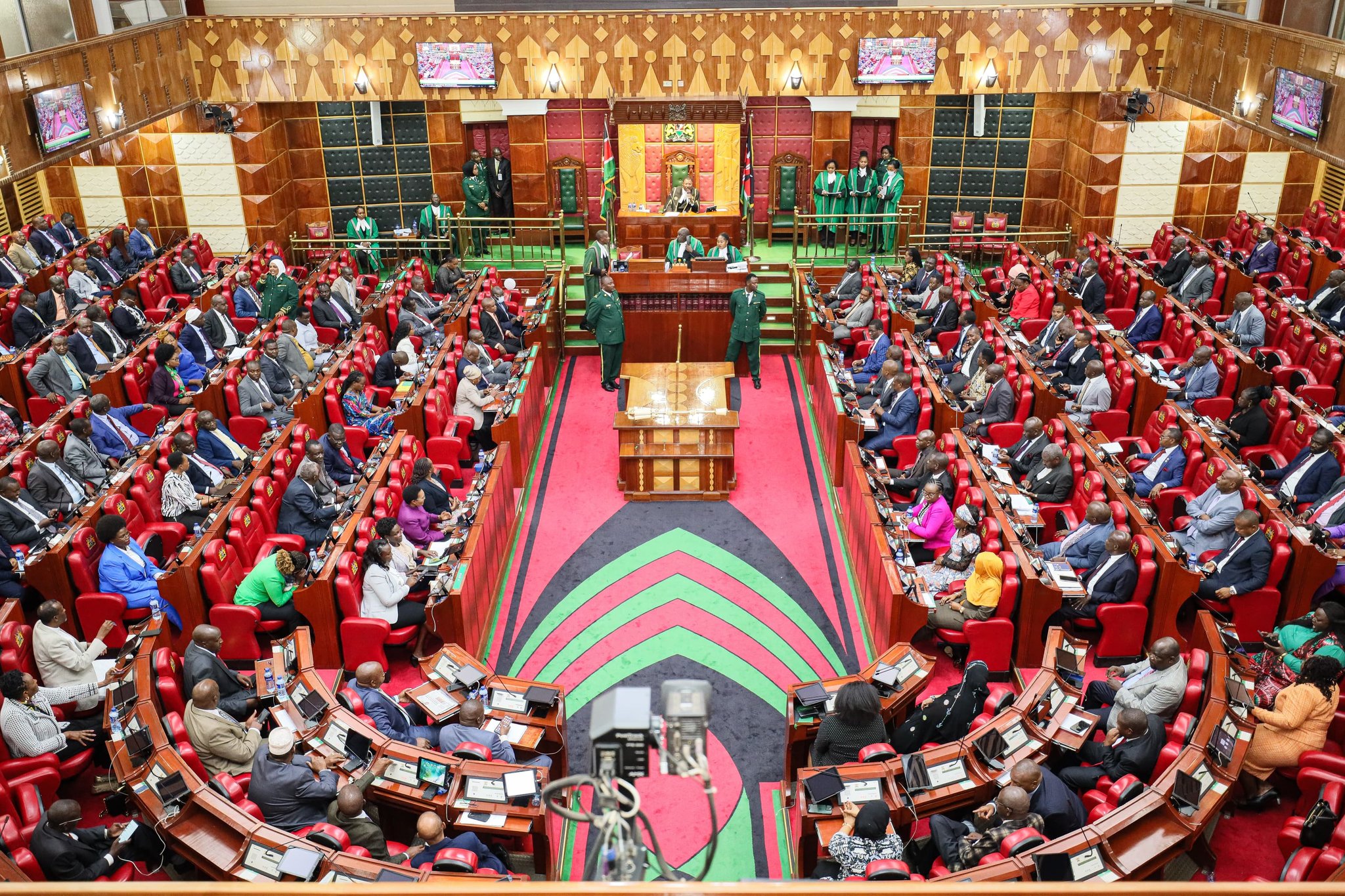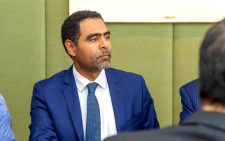Government seeks to reduce cost of medicines through pool procurement

The Ministry of Health has announced plans to implement a pooled procurement system for medicine, to reduce the cost of treatment across the country.
According to Health Cabinet Secretary Deborah Barasa (inset), the decision was arrived at because high costs have placed a significant financial burden on both healthcare facilities and patients, limiting access to essential treatments and undermining efforts to achieve universal health coverage.
“Through pooled procurement, we will harness the collective purchasing power of health institutions to negotiate better prices, ensure superior quality and minimise stock-outs,” the CS said during the launch of Axmed Summit 2025 in Nairobi.
This approach, according to her, will enable more efficient resource allocation, allowing the ministry to reinvest in critical areas such as disease prevention, infrastructure development, and primary healthcare services.
She said most healthcare providers and institutions currently purchase medicines in low stock quantities, which limits their bargaining power and results in higher costs.
By shifting to a pooled procurement system, where medicines are procured in bulk through collective purchasing, the sector will gain stronger negotiating leverage with suppliers.
However, she noted, that procurement alone is not enough.
“That’s why we are prioritising coordinated supply chain systems, underpinned by digital technology and real-time data monitoring, to improve distribution, reduce waste, and enhance accountability,” she added.
Speaking at the same event, Emmanuel Akpakwu, AXMED chief executive, said that the ministry is heading in the right direction because pooled procurement not only reduces the cost of medicines but also ensures consistent supply and improves overall efficiency.












